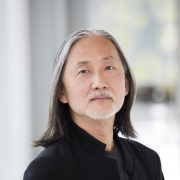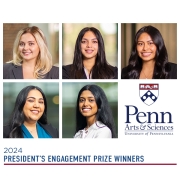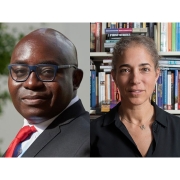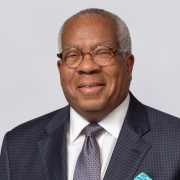People Prefer Explanations That Refer to a More Fundamental Science
Why do some science news stories catch our eye, even if they use exaggerated, irrelevant, or inaccurate information?
According to a new paper in the journal Cognition, people prefer descriptions with information from more reductive scientific fields, even when those details aren’t relevant to understanding the finding. The paper was authored by Deena Weisberg, a senior fellow in the psychology department; philosophy graduate student Jordan Taylor; and former postdoc Emily Hopkins.
One way people make a complex idea clear is to break it down into basic, digestible chunks. “If I’m trying to talk about how a car works,” Weisberg says, “I have to stop talking about the whole car at a certain point and instead, start talking about its components and how they work together.”
She says describing a scientific discovery may be similar: We prefer clarifications that separate findings into smaller parts or refer to more fundamental processes, otherwise called reductive explanations. But are we biased toward these even when they are unhelpful or unnecessary to comprehending the science?
Weisberg began studying this effect as a graduate student. She researched people’s biases toward neuroscience language in news stories about psychology, such as when an article referred to a specific part of the brain. Weisberg and Hopkins still notice this emphasis on neuroscience in science news.
“If you do a search for the phrase ‘literally changes your brain,’ you will get thousands of hits,” says Hopkins, who completed this work while a postdoc at Penn. “‘Meditation literally changes your brain,’ ‘marriage literally changes your brain.’ People are really fascinated by this.” Everything we do changes our brain in some way, Hopkins points out, and such headlines are illogical and often irrelevant to the actual scientific findings.
Though most people will not enter a scientific field themselves, it is important to recognize what biases come into play when they try to learn about a scientific discovery, Weisberg said. Such considerations may have ramifications for how science is taught.
Click here to read the full article.





